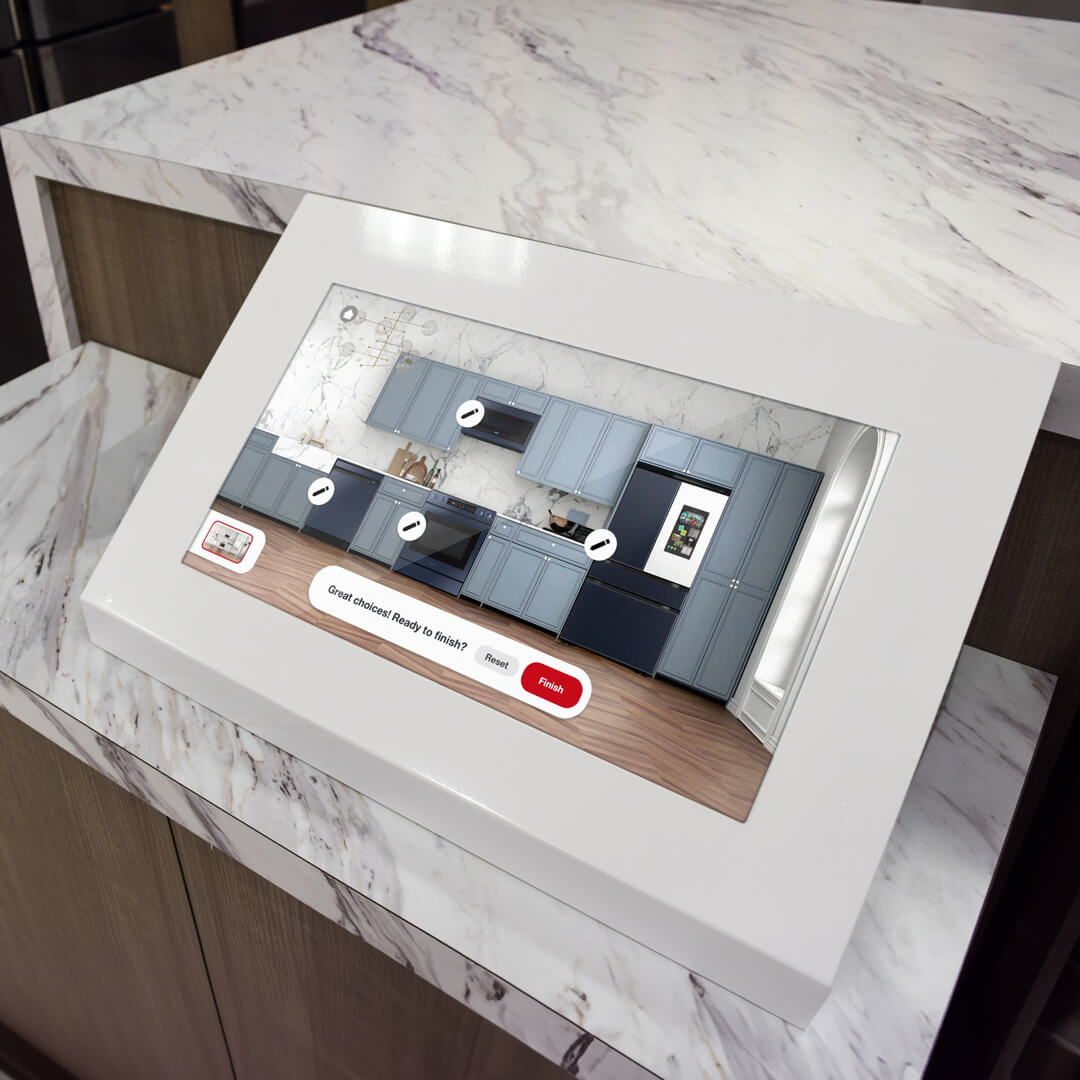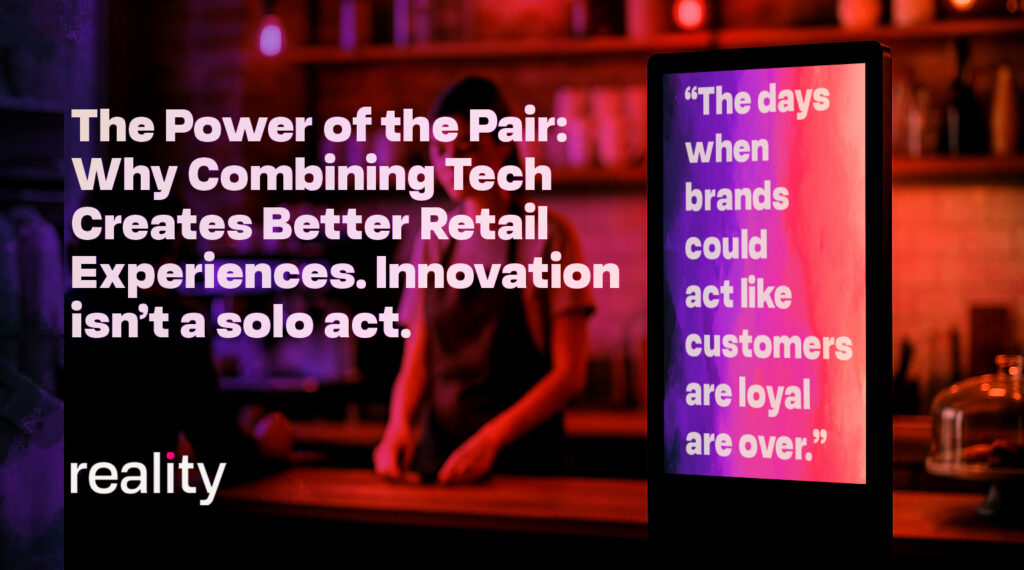In today’s fast-paced world, where technology is constantly evolving and customers crave personalization, businesses are always on the lookout for innovative ways to enhance the customer experience and increase sales. One solution that’s been showing significant results is digital product customizers. These tools offer a unique and personalized shopping experience, allowing customers to tailor products to their specific preferences. In this article, we’ll explore how digital product customizers can boost sales and leave customers with a lasting impression, and dive into the success story of Samsung Bespoke Appliances.
The Rise of Digital Product Customizers
Digital product customizers are transforming the way consumers interact with brands. They offer a highly interactive and personalized shopping experience, enabling customers to tailor products to their exact specifications. This approach has become increasingly popular in industries such as fashion, home decor, and electronics, creating a buzz among retailers looking to differentiate themselves in a crowded marketplace.
The Power of Personalization
At the heart of digital product customizers is the power of personalization. Customers are no longer interested in one-size-fits-all products. They crave unique, tailored solutions that reflect their individual tastes and needs. Digital customizers allow users to tweak a range of product attributes, from color and size to features and accessories. This sense of ownership over the final product not only delights consumers but also establishes a stronger emotional connection with the brand.
A Success Story: Samsung’s Bespoke Appliances
Samsung, a global leader in consumer electronics, has successfully harnessed the power of digital product customizers to enhance the customer experience and drive sales conversion. Their Bespoke Appliances project serves as a compelling case study.
As detailed in the case study (source: Reality Interactive), Samsung, in collaboration with PC Richard and Reality Interactive introduced an interactive product configurator that allows customers to immerse themselves in the process of creating a personalized dream kitchen. This innovative approach provided customers with a level of control previously unseen in the appliance industry.
Enhanced Customer Engagement: By offering customers the ability to design their own appliances, Samsung significantly increased customer engagement. Shoppers spent more time on the website, exploring the various customization options, and immersing themselves in the brand’s offerings.
Improved Conversion Rates: The Bespoke Appliances project led to higher conversion rates. The ability to customize appliances made customers more likely to complete their purchase, as they felt a deeper connection to the product.
Unique Brand Differentiation: Samsung stood out in the market by offering this personalized experience. The brand’s commitment to customization not only resonated with customers but also helped to distinguish them from competitors.
Data Insights: The digital customizer collected invaluable data on customer preferences. Samsung used this data to gain insights into consumer behavior, enabling them to make informed decisions about future product development and marketing strategies.
Conclusion
Digital product customizers are a game-changer in the world of e-commerce. They cater to the modern consumer’s desire for personalized, unique products and, in turn, significantly boost sales and customer satisfaction. Samsung’s Bespoke Appliances project serves as a prime example of how this technology can enhance customer experiences and drive conversions. As more brands adopt digital customizers, they will continue to redefine the retail landscape, making shopping a more engaging and personalized experience for consumers. The message is clear: to thrive in today’s market, it’s crucial for businesses to embrace the power of personalization through digital product customizers.






